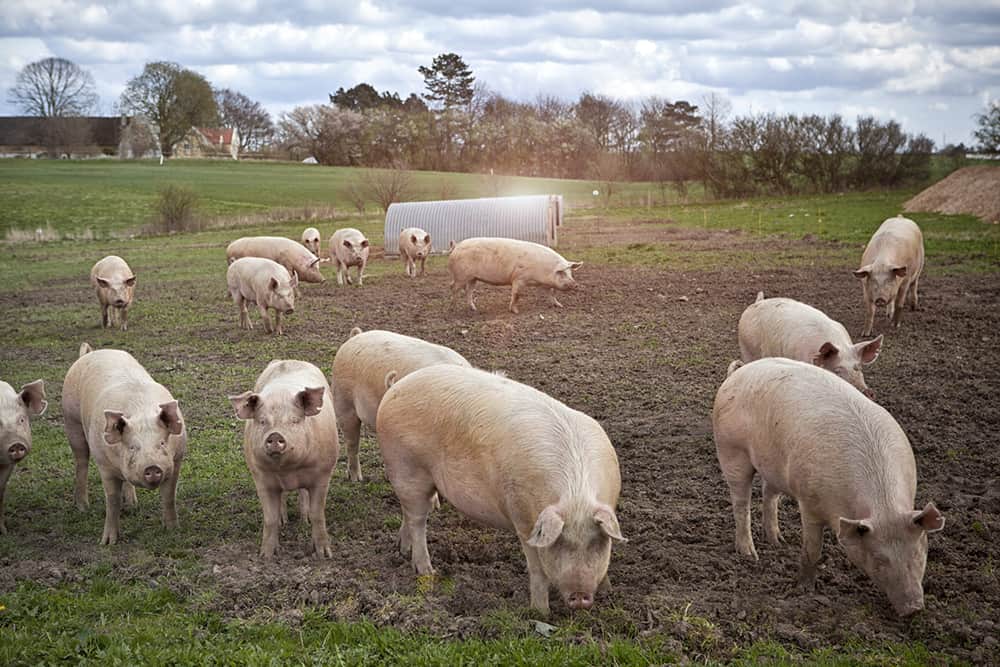The Ultimate Parent’s Guide to Visiting a Farm with Animals
Hello, wonderful parents! Are you looking for a fun, educational, and wholesome family activity? Look no further! Visiting a farm with animals isn’t just a great way to spend the day; it’s an opportunity to teach your kids about nature, agriculture, and the importance of caring for our furry friends. In this guide, we’ll gallop through everything you need to know to ensure your farm visit is udderly amazing!
Prepping for Your Farm Adventure
Before you set foot on the farm, there’s a little prep work to be done. First, it’s always a good idea to call ahead and confirm the farm’s visiting hours and any special guidelines they may have. Also, ask if there are any special activities or events planned for the day of your visit. Here are a few other tips to help you get started:
- What to Wear: Farms are full of fun – and mud! Dress your little ones in clothes that can get dirty. Don’t forget comfy, closed-toe shoes to protect those tiny toes.
- Pack Smart: Take along sunscreen, hats, and water bottles to keep everyone happy and hydrated. Snacks are also a great idea, just check if the farm allows outside food.
- Bring Extras: Have some extra clothes and hand sanitizer on hand. Farms are hands-on experiences, and a little grime is part of the charm!
Engaging Activities on the Farm
Once you arrive, it’s playtime! Farms offer a plethora of engaging activities that can keep you and the kiddos entertained for hours. Here’s what you can look forward to:
- Animal Interactions: Whether it’s petting a fluffy bunny or feeding a rambunctious goat, close encounters with farm animals are a delight. Teach your children gentle touch and respect for the animals.
- Hayrides: Often a hit with the kids, hayrides give you a scenic tour of the farm’s grounds. It’s a perfect time for a family selfie with a rustic twist!
- Picking Produce: Some farms allow you to pick your own fruits and vegetables. It’s a tasty way to teach kids about where their food comes from.
- Milking Cows: If your kids have ever wondered where milk comes from, let them try milking a cow (depending on the farm’s offerings). It’s a hands-on lesson in food production.
Remember, every farm has its own unique set of activities. From maze mazes to pony rides, each visit can be a new adventure!
Farm Animals and Safety Tips
Farm animals are usually friendly but always remember that they are living creatures with minds of their own. Safety first! Keep these safety tips in mind:
- Supervise Your Children: Always keep an eye on your little ones, especially around larger animals.
- Wash Your Hands: After animal interaction, cleaning up is key. It’s the perfect opportunity to teach about hygiene.
- Follow the Rules: Farms will have specific guidelines for interacting with the animals. Following them ensures a safe experience for everyone.
As your family meanders through the pastures and pens, take the time to soak in the sights, smells, and sounds of the farm. From the moo of a cow to the soft nuzzle of a lamb, every moment is an opportunity for joyful discovery and learning. Stay tuned for more tips on how to make your farm visit educational, memorable, and full of wholesome fun!

Five Things Every Parent Should Know Before Visiting a Farm with Animals
Planning a visit to a farm with your kids can be exciting and enlightening. To make your farm visit seamless and enjoyable, here are five key things to keep in mind:
- Understand the Farm’s Operation: Every farm has its own rhythm and rules. It’s essential to respect their operations by understanding what kind of farm it is. Is it a working farm, an educational farm, or a farm park? Each type will offer different experiences and have different rules.
- It’s All About Timing: Align your visit with the farm’s feeding times or special demonstrations for a more interactive experience. Also, consider the seasons – spring might mean baby animals, while autumn could involve harvest-related activities!
- Health and Allergies: Farms can be home to a variety of plants and animals that might trigger allergies. Ensure you pack any necessary medication and be aware of potential allergens, from hay to bees.
- Stroller or Carrier Considerations: Depending on the farm terrain, a stroller may not be practical. A carrier for smaller children might be more suitable for navigating uneven pathways or for tours where a stroller can be cumbersome.
- Photography and Technology Use: While capturing memories is wonderful, enquire about the farm’s photography policy first. Some farms may have restrictions on drone use or locations where photography is not permitted. Also, encourage kids to unplug from gadgets and immerse in the farm experience.
Keeping these points in mind will set the stage for a delightful and hassle-free farm visit. Get ready to watch as your children’s faces light up with joy and curiosity as they discover the wonders of farm life.
Educational Opportunities Abound
Farms are not just about fun; they’re fantastic learning environments too! Farms with animals provide hands-on education in biology, ecology, and agriculture. Children can learn about life cycles, the importance of sustainability, and the impact of farms on our everyday lives. This real-world learning can spark a lifelong interest in the environment and promote healthy eating habits by connecting children to the source of their food.
So grab your boots, and let the adventure begin! Engage with your children every step of the way; ask questions, let them explore, and watch as they grow from these experiences. Visiting a farm with animals is more than just a day out; it’s an opportunity to bond and create lifelong memories while teaching valuable lessons about the world around us. Happy farming, folks!
For more great fun click here. For more information see here
Disclaimer
The articles available via our website provide general information only and we strongly urge readers to exercise caution and conduct their own thorough research and fact-checking. The information presented should not be taken as absolute truth, and, to the maximum extent permitted by law, we will not be held liable for any inaccuracies or errors in the content. It is essential for individuals to independently verify and validate the information before making any decisions or taking any actions based on the articles.




